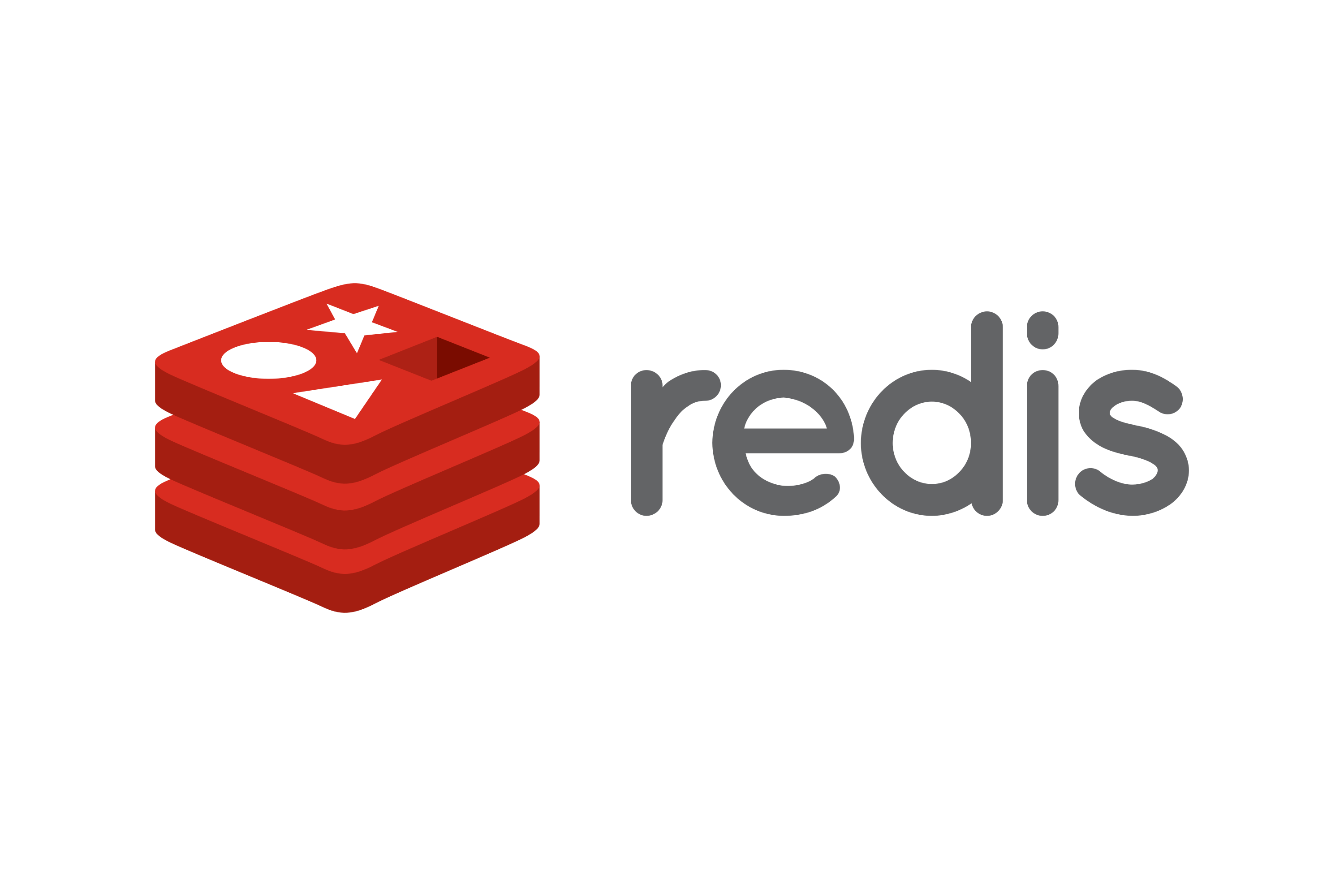What Is Redis?
Redis is a robust and widely used open-source database offering rich data structures, including strings, sets, lists, and more. As a versatile tool, Redis is a high-performance cache and a reliable message broker. Its name is an abbreviation for Remote Dictionary Server.
At its core, Redis stands out as an in-memory data store, storing data primarily in RAM, resulting in lightning-fast read and write operations. By acting as a reservoir of information directly accessible by authorized users, Redis plays a pivotal role in optimizing data retrieval and enhancing overall application performance.
With its lightning-fast capabilities, Redis can effortlessly handle millions of requests in real-time, making it one of the most efficient and scalable in-memory databases. Its ability to accommodate large workloads and rapidly process data makes it a popular choice among developers for various applications.
What Are the Pros of Redis?
What Are the Cons of Redis?
Database Alternatives to Redis?
Memcached
Memcached is one of the most popular in-memory key-value stores, similar to Redis. It is often used for caching purposes and can handle high-throughput workloads.
MongoDB
MongoDB is a NoSQL document database that stores data in BSON (Binary JSON) format. It is known for its flexibility, scalability, and support for complex data structures.
Apache Cassandra
Cassandra is a distributed NoSQL database designed to provide high availability, fault tolerance, and linear scalability, making it suitable for data-intensive applications with high write and read throughput.
Apache Kafka
While not a database in the traditional sense, Kafka is a distributed event-streaming platform that excels in real-time data streaming and message processing scenarios.
Amazon DynamoDB
DynamoDB is a managed NoSQL database service provided by AWS (Amazon Web Services). It offers seamless scalability, low-latency access, and automatic data replication across multiple availability zones.
Expert Redis Database Management By Clarkes.Team
An impeccably optimized Redis Database is crucial for achieving exceptional performance in today’s fast-paced digital landscape. At Clarkes.Team, we pride ourselves on being comprehensive database and database server management solutions experts. As part of our comprehensive server management package, we extend top-tier database management services tailored specifically for Redis, empowering you to unlock the full potential of your server.
At Clarkes.Team, we specialize in helping businesses monitor thier database servers and applications, managing them, and optimizing their security and performance.
Our seasoned team at Clarkes.Team comprises dedicated professionals with extensive expertise in server management, including a profound understanding of Redis management. By entrusting us with the responsibility of handling your Redis database, you can confidently focus on other vital aspects of your business.
With a commitment to excellence and years of hands-on experience in the industry, our team ensures that your Redis database operates at peak efficiency, guaranteeing enhanced reliability and an overall boost in server performance. From fine-tuning configurations to streamlining data access and implementing best practices, we leave no stone unturned.
By entrusting your Redis management to Clarkes.Team, you’re gaining access to a seamless and worry-free experience. As we handle Redis optimization and maintenance intricacies, you can confidently allocate your valuable time and resources to driving innovation, engaging with customers, and propelling your business to new heights.
Redis Related Blog Posts
Coming Soon
Other Recent Posts
World Backup Day: Why It Is Vital For You To Backup Everything
A backup is a copy of your data saved outside your primary device, which you can restore anytime. Your data can include anything from work files to personal items like family pictures, eBooks, and messages. In simpler terms, a backup is a copy of your important data saved somewhere safe where you can always access it if and when needed.
Proven Tips for Optimizing cPanel Server Performance
There are many benefits attached to using cPanel to manage your websites. But these benefits only last as long as you regularly update and maintain your cPanel server. Failure to optimize your cPanel server can lead to performance issues over time.
Elementor’s “Element Caching” Broke Woocommerce Dynamic Pages
Elementor has recently released version 3.26, which introduced enhancements designed to optimize website performance. This is typically a great thing; however, it has created issues for some of our clients!
Why Offsite Backups are Critical for Effective Data Protection
Offsite backups are stored outside your business environment. The servers and storage devices holding your backups are not within the physical reach of your business and will be unaffected by any disasters that hit your onsite backups.
Important Alert: Is Your Adobe Commerce or Magento Store at Risk?
cPanel is a popular control panel in web hosting designed to make managing your website and hosting packages easier. Whether you're overseeing email accounts, managing databases, or monitoring server performance, cPanel simplifies these tasks, making them accessible for non-technical users.







